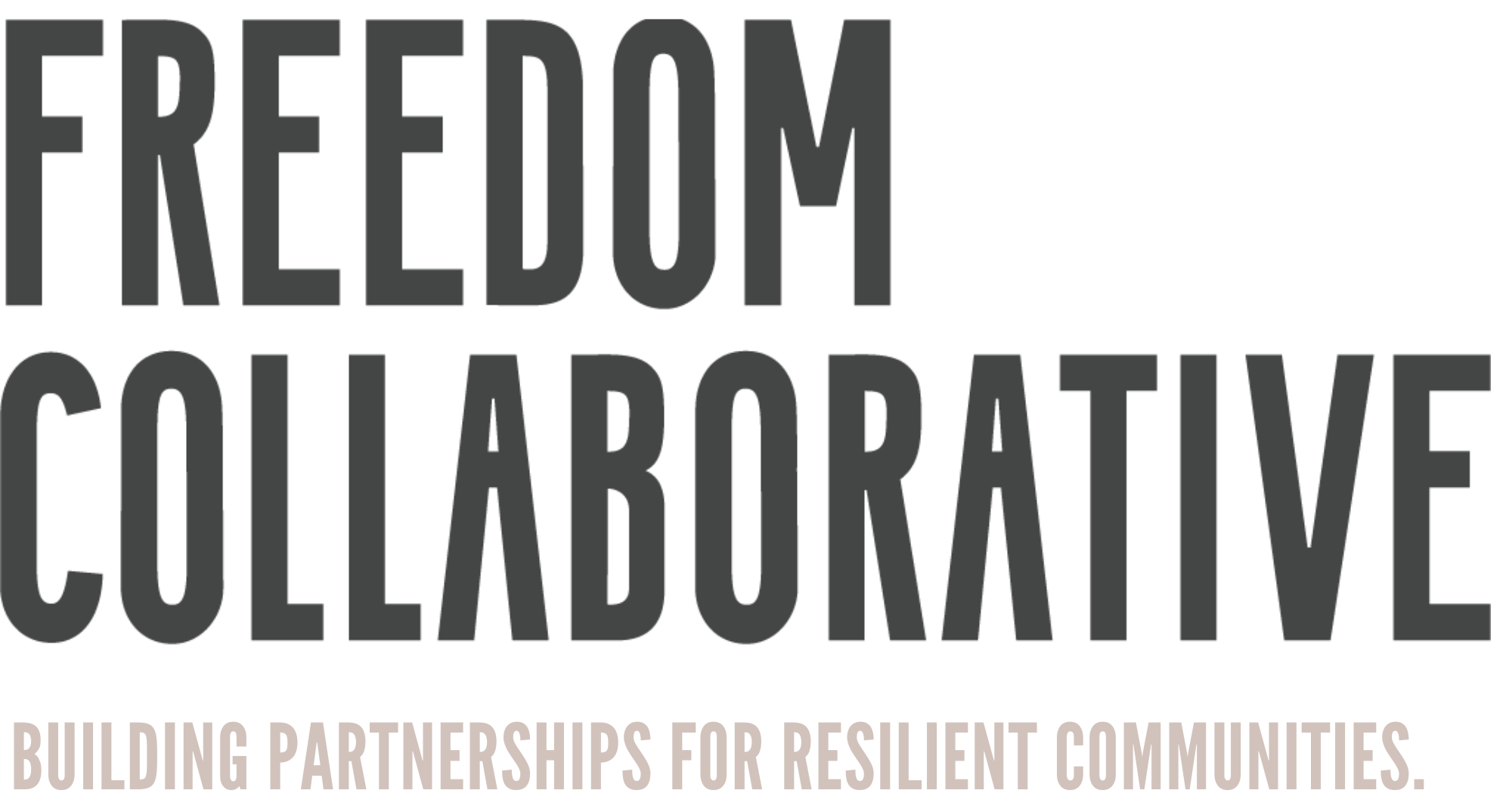Challenges in joint advocacy suggest CSOs need support to strengthen coordination
CSOs in Asia face challenges in joint advocacy that suggest more support is necessary to facilitate knowledge sharing, implementation of best practices, and coordinated action.
In a recent two-part roundtable discussion on Trafficking in Persons Policies and Joint Advocacy in Asia, hosted by Freedom Collaborative and USAID Asia CTIP, civil society organizations and other key stakeholders shared their observations and expertise regarding joint advocacy in the region. While significant progress has been made in developing evidence-based best practices, clear themes emerged on challenges such as: inconsistent messaging between CSOs, a lack of knowledge and skills in policy advocacy, a disconnect between developing a body of evidence and turning it into effective advocacy, external political threats, the lack of monitoring of regional collaboration, and the lack of funding support. Participants in the roundtable discussion expressed frustration with things like the lack of information about like-minded CSOs and the difficulties inherent in overcoming power dynamics between international and local CSOs. These challenges suggest that disseminating training and skills across the field remains an issue of concern. A key part of the problem might lie in the difficulty in securing donor funding to support collaboration; namely, hiring staff whose role is to facilitate liaisons and networks with other organizations, and to take knowledge and best practices learned from others and advocate for change within their organizations. Having direct support for collaboration could be essential to resolving these issues.
Participants have contributed to collective emerging best practices in a variety of ways. Having conducted research and analysis on the political and economic context of human trafficking, many partner organizations have helped build a large body of evidence to support claims about the prevalence of trafficking, who it most affects, the impact of trafficking on its victims, and what survivors’ needs are. Partners have produced knowledge, tools, and products to help promote a wider understanding of the drivers of human trafficking and the social and political dynamics that contribute to safe migration. Many have also developed counter-trafficking curricula and victim identification guidelines, which are used during knowledge and capacity-building sessions for government and public service employees such as police officers. They provide training in other areas of anti-trafficking work, including the appropriate treatment of children within the justice system, providing child friendly spaces, and mainstreaming child protection policies. For instance, the South Asia Initiative to End Violence Against Children (SAIEVAC) and the ASEAN Commission on the Promotion and Protection of the Rights of Women and Children (ACWC) have collaborated on work against the sexual abuse and exploitation of children and online safety projects, promoting effective and concrete regional action plans and frameworks, which led to efforts to develop and improve national action plans in countries such as Sri Lanka, Nepal, and Bangladesh. Mainstreaming child protection policies, taking a victim-centered approach, and valuing survivor voices are excellent examples of how the anti-trafficking field has worked diligently to achieve greater alignment.
While many significant advances in joint advocacy have been made on the individual, organization, and regional/international levels, it remains a challenge to share information about best practices and encourage other CSOs to implement them. Participants expressed continued interest especially in seeing successful case studies and learning more about best practices, for example, with interview techniques of traffickers. They also were interested in developing skills in policy advocacy and navigating unequal power dynamics, especially between international CSOs and local grassroots organizations. While these knowledge and skill sets exist, the fact that so many participants expressed interest in them suggests that knowledge dissemination and implementation is a key area requiring support and that relationship-building may be essential to resolving these issues.
As COVID pushed many activities online, this awakened awareness that conferences and other key networking opportunities that facilitate knowledge-sharing could also be brought online, thus saving participants significant travel time and expense. One thing lacking, though, from many online workshops is the time and space necessary to foster new relationships with counterparts in other organizations. It remains difficult to meet others, discover areas of alignment, and promote conversations that encourage follow-up. It would be beneficial for future online conferences and webinars to dedicate significant time to meet and greets, and for individuals to make efforts to reach out to counterparts for follow-up discussions with each other.
Developing a more robust community of practice not only helps achieve greater alignment, it can facilitate conversations about factors that can contribute to better monitoring of success, how to further strengthen the anti-trafficking response, and help develop smoother pathways to collaborate on issues such as victim identification, judicial processing, repatriation, and reintegration.
Have You Considered…?
Many CSOs are set up to consider two, or at most three audiences: their beneficiaries, their donors, and possibly, the government agencies with whom they work. However, there exists a fourth audience: other CSOs. To facilitate collaboration in advocacy, it may be beneficial to formalize a role for at least one staff member to act as a liaison and take responsibility for interfacing with other CSOs and government agencies to learn more about best practices that others have developed, advocate for their own best practices, offer training to new government staff members who are often shuffled annually, and to take what they have learned from outside their organization and advocate for change within their organization. Because many CSOs operate on already thin budgets with over-stretched staff, it would be beneficial to normalize requesting financial support in grant applications for staff dedicated to relationship-building and receiving training in successful advocacy.
Share your news
Post your experiences from the field and initiatives to feature





